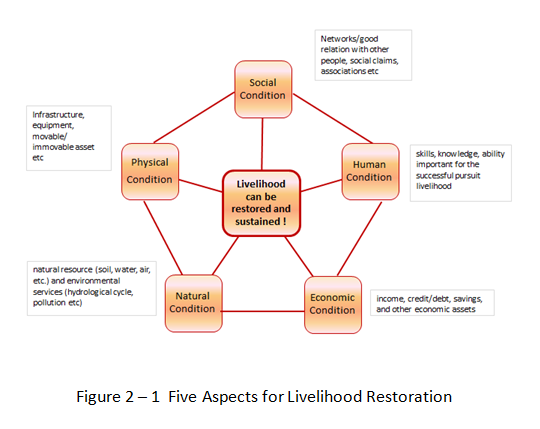The Income Restoration Program (IRP) is being provided as in-kind assistance to restore the income sources and levels of PAPs. It supports the establishment of stable livelihoods for PAPs while taking advantage of the development of economic activity in the Thilawa SEZ area.
The IRP comprises vocational training, technical advice and other support. In particular, it is oriented towards assisting PAPs to access job opportunities in and around the Thilawa SEZ as skilled labour and to be engaged in small businesses or employed in factories.
The IRP is available to all PAPs including:
(a) Farmers who need to alter their income earning activity from farming to another activity;
(b) Odd job (daily casual) workers and other off-farm workers who want to change their job place;
(c) Unemployed people who want to improve their technical skills to find employment; and
(d) Those who did not need to change their current income earning activities but want to improve their technical skills and income levels.
The IRP was designed to restore PAPs’ economic livelihood, and also considered social, physical, natural environmental conditions and human skill development as important factors to restore and sustain improved livelihoods.
A program of regular internal and third party external monitoring was implemented to support adaptive management of the IRP, as lessons were learned.
The IRP for Phase 1/Zone A is expected to continue, with GoM support, until at least the end of 2016; JICA-funded technical support will conclude at the end of December 2016.

